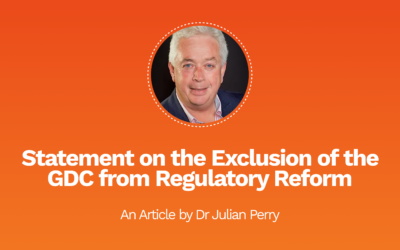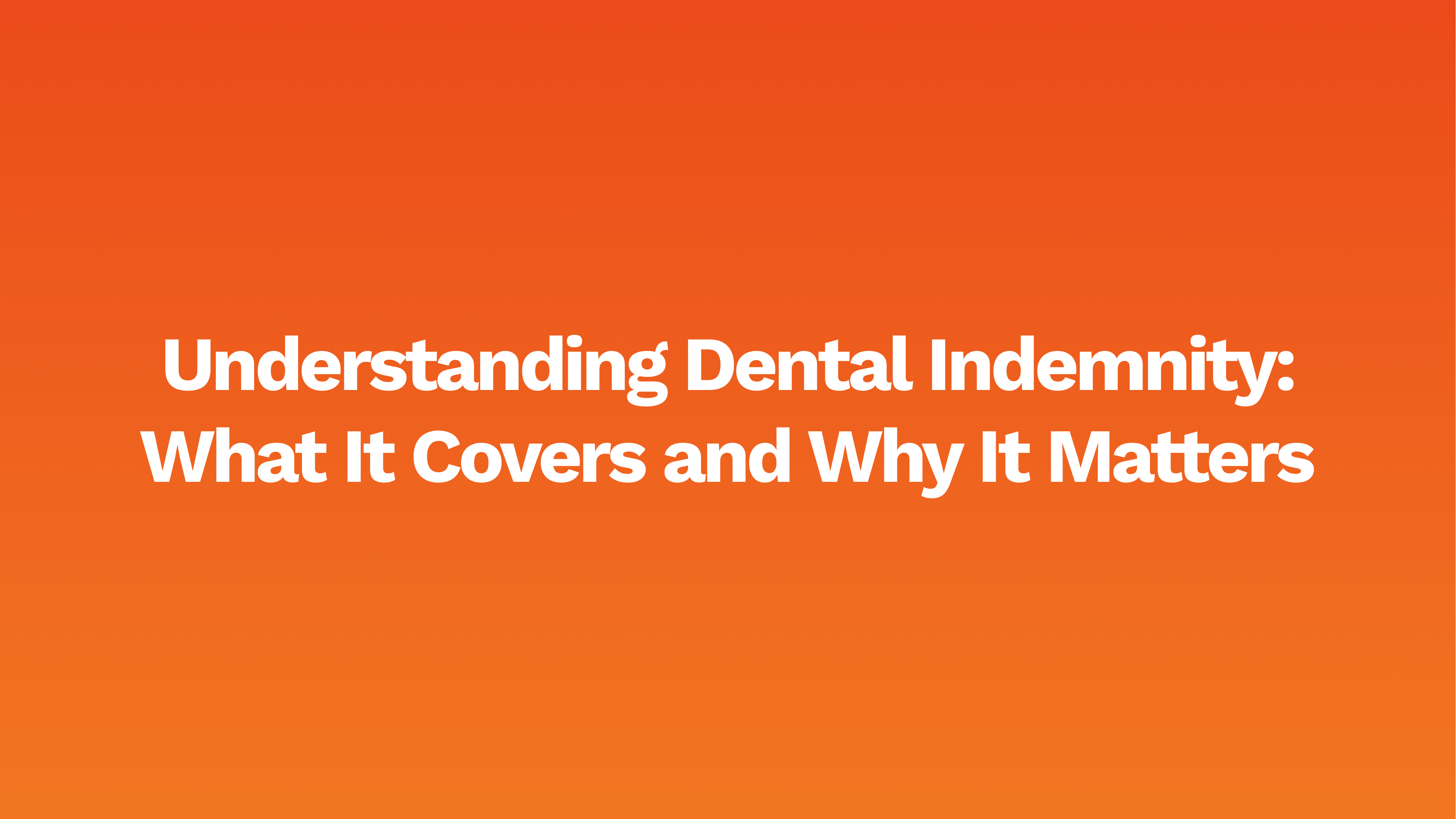Mrs S, aged 55, was treated by her regular dentist Dr M for toothache.
An examination established that the lower left first molar, which had a large amalgam restoration, was tender to percussion.
The patient had lost a filling in the LL7, and had other carious cavities and a poor periodontal condition with supragingival calculus and pocketing. Bitewings and a periapical radiograph revealed an apical area on the distal root of the tooth. A basic periodontal examination (BPE) also showed 111/112.
The clinician discussed all the options with the patient. She did not want the tooth extracted and favoured root canal treatment. So, the clinician prescribed antibiotics before booking an appointment.
Next stage
At the next appointment, the patient confirmed that she understood and signed the consent form (pre-COVID).
Dr M administered local anaesthetic, opened the LL6 and created an access cavity. He identified three canals, but noted a crack on the lingual (distolingual) aspect of the tooth, which extended through the bifurcation.
Dr M explained that, because of the fracture, they could no longer restore the tooth and that they should extract it. He decided to undertake the extraction immediately because he did not anticipate difficulty. The tooth was extracted easily.
However, he suddenly realised that he had extracted the lower second molar in error.
He immediately notified the patient and apologised, explaining that the tooth was in poor condition and would have been lost eventually anyway. He assessed the patient as understanding, and did not initially see the need either to write to her or notify Densura.
Angry and unhappy
Three weeks later, the patient returned. She was no longer understanding: she was angry, demanding explanations and the proposal for remediation.
Dr M contacted Densura for immediate advice. A letter was written to the patient explaining the error, and the proposition for remediation.
The patient did not respond, instead consulting claimant solicitors. They issued a letter of claim that alleged breach of duty and negligence, and sought a five-figure sum in respect of the mistaken extraction and the restorative work necessary, including an implant.
They also made a claim in respect of the tooth that was not extracted, and made further allegations about inadequate management of her periodontal condition. An expert report suggested that his BPE recordings were probably not accurate and recorded a BPE of 312/212.
The total cost of the claim was £17,000 plus legal fees.
Commentary
There is no justification for incorrect extractions, which are entirely indefensible. When seeing a patient for an extraction, remember:
- Extractions are permanent. Don’t rush or rely on memory. Check the record
- Ensure there are radiographs and check prior to extraction
- Obtain valid consent: explain all risks
- If there is any doubt, do not extract
- If another dentist charts the extraction, satisfy yourself that it is correct
- Check orthodontic charting. Never change an orthodontic charting. Always speak with the orthodontist before acting
- If there are two standing molars, be sure you know which one to extract. Chart two molars as 6 and 8. Never chart one of two molars as a 7. Mistakes occur when it is uncertain whether two molars are 6 and 7 or 7 and 8.
There has been a steady increase in periodontal claims, and they are expensive. Accurate BPEs are essential – there is no excuse for markedly inaccurate BPEs.
Author: Julie-Anne Conway



